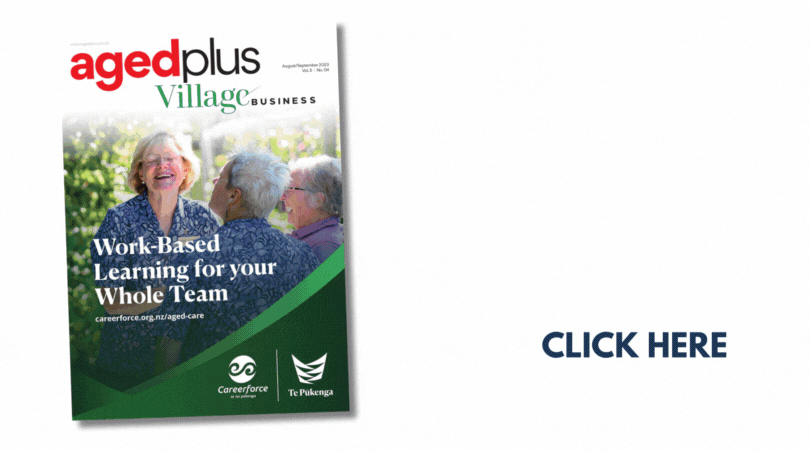Constant monitoring can provide early warning about the symptoms and stress of COVID-19 yet it’s still being seen as a “nice to have” in some aged care facilities.
As we've adapted to new ways of working during the COVID-19 lockdown there is widespread adoption of technology that could facilitate communication, remote healthcare monitoring and telehealth services. However, once the threat of COVID-19 reduced we quickly relaxed back into the old ways of doing things. There was a lot of talk about being more tech-savvy when delivering healthcare services, but at ground level, little appears to have changed, especially in the aged care sector.
Knowing that COVID-19 to date has had a staggering disproportionate death rate in elderly care facilities in many developed countries COVID 19 has exposed and exploited flaws in existing aged care services with devastating and fatal consequences.
According to Chai Chuah, former Director of Health and Chief Executive Officer of the NZ Ministry of Health, “The service models for most mainstream aged care services are light on technology and very labour intensive. New innovative service models that leverage smart technology have struggled to get buy-in from policymakers and providers.
“With COVID 19, some parts of health systems primary and hospital services experienced overnight adoption of 'stalled' innovations. The switch from analog to digital solutions such as virtual care, teleconsultation, and contact tracing apps, telecommuting was at unprecedented record speeds.
"There was, however, no similar renaissance of significance in the aged care part of health systems. But these innovative solutions exist and need to be part of the 'new' normal in a post-COVID 19 health system,” said Chuah.
One of the innovative systems Chai was specifically talking about was new technology at Securely, a New Zealand owned company that specialises in tech solutions in the healthcare sector.
Securely General Manager Mark Smith says sophisticated technology that uses sensors and artificial intelligence to indicate deteriorating health is already available and being installed in facilities around New Zealand.
“A growing number of aged care providers are moving towards operating in a technology-enabled environment where resident activity can be monitored discreetly using sensors and insights delivered using artificial intelligence. Data collected by passive infra-red sensors, bed sensors and depth sensors are invaluable in predicting falls, signalling deteriorating health and allowing for early medical intervention to reduce hospital stays.”
Smith said COVID- 19 had a significant emotional impact on families unable to visit or communicate with residents but technology available now can allow families to view the same information as a caregiver, with simple actions like an automatic text each morning when the resident is out of bed and moving about.
“The peace of mind for families is priceless, irrespective of if they live close by or in another town. It also means fewer calls to the aged care facility with daily checks on a resident’s wellbeing.”
Securely is leading the implementation of new sensing technology that will revolutionise aged care with artificial intelligence that can predict failing health including COVID-19.
“We will be able to see a health decline up to 40 days prior to hospitalization for conditions like UTI, pneumonia, congestive heart failure, delirium, low blood sugar, depression and dementia and early detection of COVID-19," said Smith.
Specifically for Covid-19 Securely can constantly monitor the early onset of symptoms and stress such as fever, shortness of breath, increase in heart rate and diarrhoea.
For more information click here






